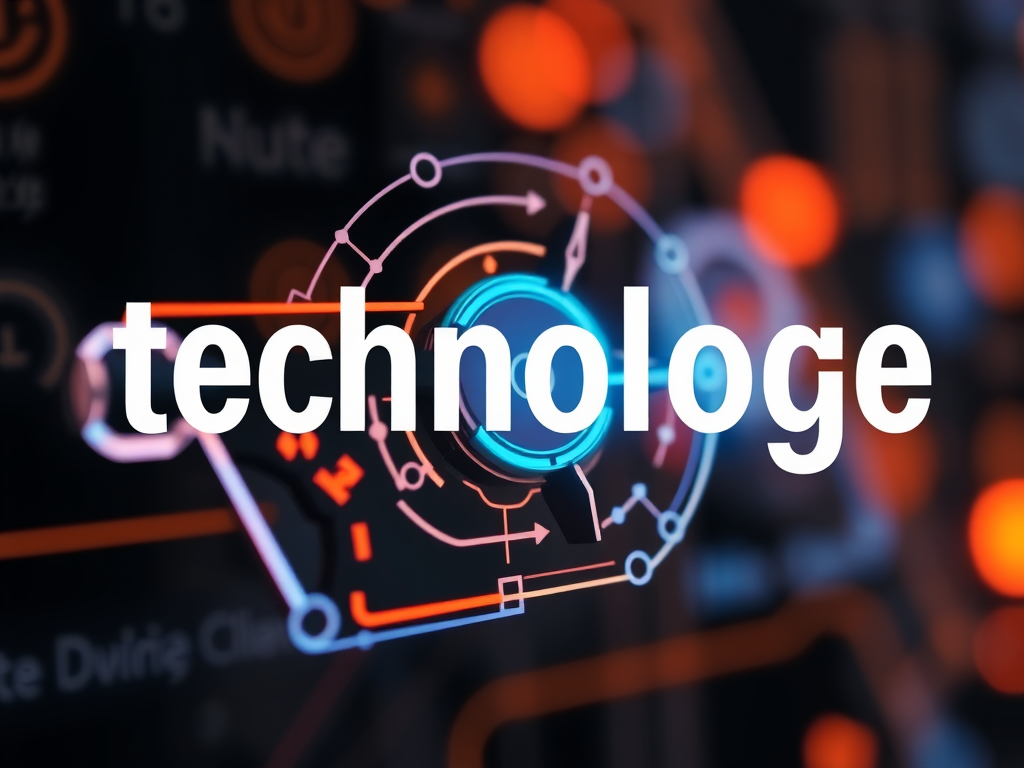Overview of Computing Technologies in Traditional UK Industries
Advanced computing technologies are reshaping landscapes across the globe, and the UK is no exception. These technologies include sophisticated systems such as artificial intelligence, machine learning, data analytics, and automation. These tools are instrumental in optimizing efficiency, enhancing decision-making, and streamlining operations, providing a transformative impact.
Traditional UK industries, such as agriculture, manufacturing, and retail, have experienced significant changes. For instance, agriculture has witnessed the introduction of precision farming, which leverages data and AI to improve crop yields and resource management. In manufacturing, automation and the Internet of Things (IoT) are redefining production lines, enhancing both speed and accuracy. The retail sector has also been revolutionized through e-commerce platforms and data-driven consumer insights, optimizing sales strategies and customer engagement.
Also to see : What role does blockchain play in UK tech advancements?
The importance of adopting technological transformation in these sectors cannot be overstated. To maintain competitiveness on a global scale, it is crucial for these industries to embrace change. Technological advancements offer innovative ways to boost productivity, reduce operational costs, and improve service delivery. In a rapidly evolving marketplace, staying current with technology helps traditional industries remain viable and ahead of the curve. The adoption of these technologies not only ensures survival but positions these industries for future growth and success.
Case Studies of Transformation
The transformation of traditional UK industries through advanced computing technologies can be best understood through specific industry case studies. These provide a glimpse into the real-world applications and consequential transformative impacts.
In the same genre : Unlocking the future: how ai is transforming data analytics in the uk
Agriculture
In agriculture, the use of precision farming and artificial intelligence (AI) plays a pivotal role. Precision farming refers to data-driven approaches that enhance crop yield and resource management. By analysing vast datasets, AI helps farmers make informed decisions on water, fertilizer, and pesticide use, optimizing overall productivity and sustainability.
Manufacturing
The manufacturing sector has undergone significant changes with automation and the Internet of Things (IoT). Factories now employ smart machinery that communicates in real time, improving speed and accuracy of productions. IoT applications link various machines for seamless operations, reducing downtime and boosting operational efficiency.
Retail
The retail industry leverages e-commerce platforms and data analytics to revolutionize how businesses connect with consumers. Through data-driven insights into customer behavior, retailers can tailor marketing strategies for enhanced customer engagement. This transformation has expanded markets and streamlined logistics, proving the power of adopting cutting-edge technology.
Emerging Technologies Revolutionizing Industries
Artificial Intelligence (AI) is fundamentally transforming traditional industries by enhancing productivity and improving decision-making capabilities. AI enables machines to learn from data, identifying patterns that lead to optimized processes. Industries such as manufacturing and agriculture are seeing substantial benefits, where AI algorithms enhance precision and adaptability.
The Internet of Things (IoT) plays a crucial role in boosting operational efficiency, especially in supply chain management. IoT devices collect and share data in real time, reducing inefficiencies and ensuring smooth operations across sectors such as logistics and production. This interconnectedness allows for better inventory management and predictive maintenance, mitigating potential disruptions and enhancing speed.
Blockchain innovation offers unprecedented transparency and security in transactions, which is particularly valuable in industries like finance and retail. By creating immutable records of transactions, Blockchain ensures trust and reliability, making it a key player in maintaining secure supply chains and financial compliance. As these technologies continue to evolve, they promise to further redefine industry standards, paving the way for a more interconnected and efficient future.
Economic and Operational Impacts
The economic benefits of integrating advanced computing technologies into traditional UK industries are substantial, with significant improvements in operational efficiency. By adopting these technologies, industries can achieve remarkable cost reduction. For instance, precision farming in agriculture reduces input waste, directly lowering costs while boosting crop yields. Similarly, automation in manufacturing cuts down on overheads by minimizing human error and optimizing resource use.
A deep analysis across these sectors reveals consistent productivity gains. Enhanced data analytics in retail not only improve customer insights but also streamline supply chains, reducing delays and inventory costs. In manufacturing, IoT integration has facilitated real-time monitoring, cutting downtime and maintenance expenses.
Long-term economic outlook is promising for UK industries that embrace digital transformation. As industries evolve, they position themselves to compete globally, exploiting new market opportunities and enhancing service delivery. Embracing innovation not only ensures survival in a competitive landscape but leads to sustained growth, securing a prosperous future for traditional sectors.
Expert Opinions on Future Trends
The future of industry is being shaped by the rapid advancement of technology, with experts forecasting significant transformations ahead. Industry specialists predict further evolution in artificial intelligence (AI), which will become increasingly autonomous in tasks, enhancing both productivity and precision. Innovations in machine learning are expected to enable systems to process and interpret vast data sets more efficiently, providing deeper insights for strategic decision-making.
Challenges, however, remain for traditional industries in embracing these advancements. One significant hurdle is the investment required in new technologies, which can be substantial, particularly for small to medium enterprises. There’s also the skills gap to consider, as current workforces may not have the necessary expertise to operate advanced systems effectively. This necessitates extensive training programmes and educational initiatives to bridge the gap.
Experts provide several recommendations to navigate these challenges effectively. Prioritizing strategic investments in scalable technologies, which can evolve with industry needs, is one crucial step. Additionally, fostering a culture of continuous learning and innovation within organisations can empower employees, keeping them adaptable in a rapidly changing technological landscape. Embracing these insights can secure a dynamic and resilient future for traditional UK industries.





